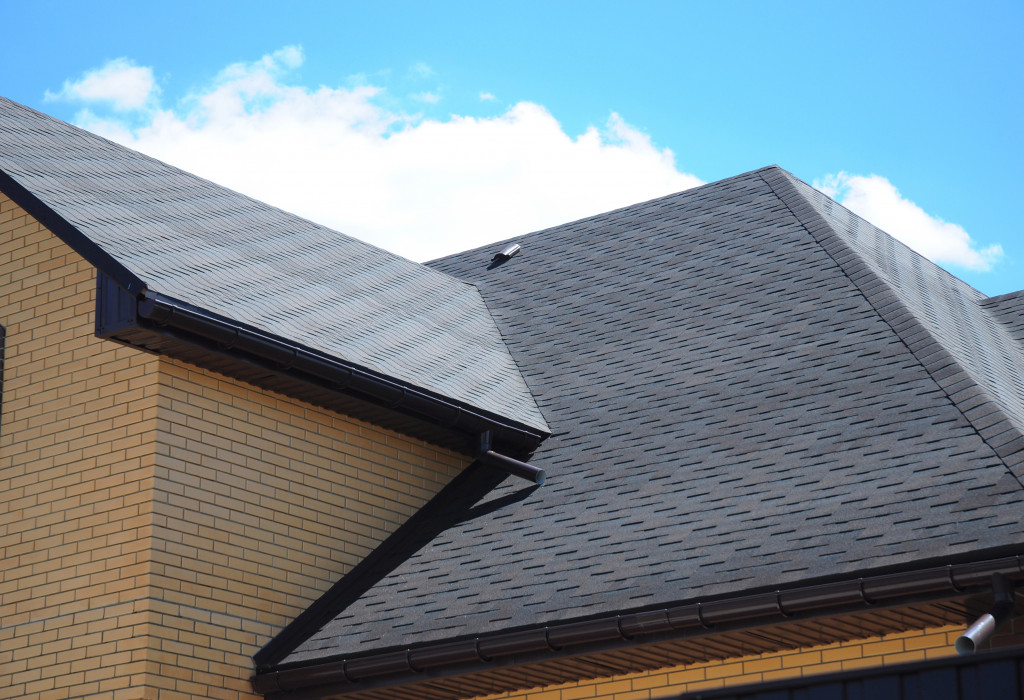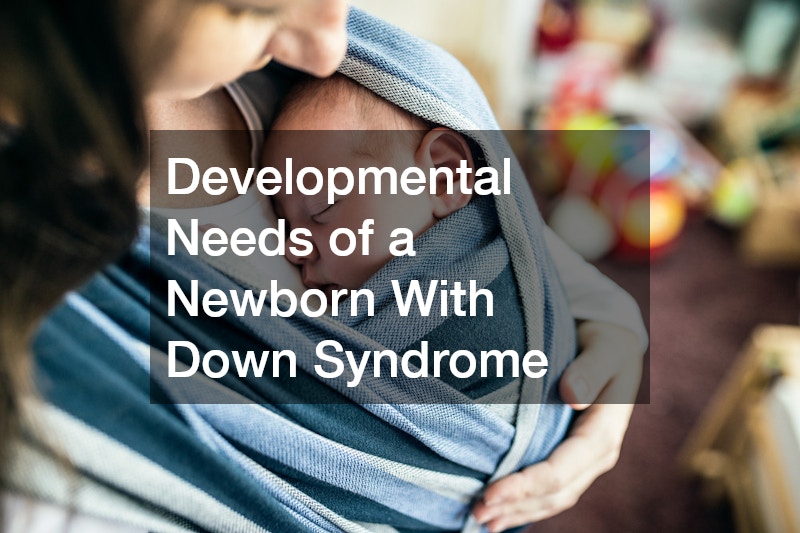The construction industry and the real estate industry are two of the most important industries in the world. They both have a huge impact on each other and on the economy as a whole. Here’s a look at how new developments in construction affect real estate, how real estate trends dictate construction direction and the effect of the construction industry and the real estate industry on each other’s economy.
The real estate industry and the construction industry are connected in several ways. Firstly, the real estate industry is heavily reliant on the construction industry especially companies in commercial construction. Any new developments in the real estate market will require new construction projects to be undertaken to provide homes and offices for those who wish to purchase or rent them. In addition, the construction industry is reliant on the real estate industry. Construction projects can be very expensive, so construction companies need to have a good idea of how much money they can expect to make from a project before they begin it. This is where the real estate industry comes in; by providing accurate information on how much money can be made from developing a certain piece of land, or by predicting which parts of the country are likely to experience the most growth in terms of real estate, the construction industry can make more informed decisions about which projects to undertake. In fact, the rising prices in construction have affected housing prices recently, with prices jumping up by about 10-12%.
The relationship between the real estate industry and the construction industry is not always one-way though. The construction industry’s success can have a big impact on the real estate market. When there is a lot of construction activity happening, it usually means that businesses and homeowners are confident about the future and are willing to invest in new properties. Conversely, when the construction industry is doing poorly, it often hurts the real estate market as people are less likely to want to buy or rent a property. This is because when the economy is weak, people are generally less confident about their financial future, and so they are less likely to want to make a long-term commitment like buying or renting a property.

Other Industries in the Wake of Construction and Real Estate
The construction and real estate industries have a ripple effect on many other industries. For example, when there is a lot of construction activity, it usually means that businesses and homeowners are confident about the future and are willing to invest in new appliances, electronics, machinery, and cars. Conversely, when the construction industry is doing poorly, it often hurts these industries as people are less likely to want to buy new appliances, electronics, machinery, or cars.
This is because when the economy is weak, people are generally less confident about their financial future, and so they are less likely to want to make a large purchase like a new car or appliance.
The relationship between the real estate industry, the construction industry, and the mortgage industry is complex but vitally important. Each industry relies on the others to be successful, and if any one of them falters, it has a ripple effect throughout the economy.
One of the most important ways that the real estate industry affects the mortgage industry is through home values. When home values are high, it’s easier for people to get mortgages because lenders are more likely to give them a loan for a larger amount. This is because they know that even if the borrower defaults on their loan, they can sell the home for a profit and still recover most of their investment. Lower mortgage rates on the other hand have an indirect effect on real estate, homeowners are more willing to take on debt.
However, when home values are low, it’s much harder for people to get mortgages because lenders are less likely to lend them money. This is because they know that even if the borrower defaults on their loan, they will probably not be able to sell the home for enough money to cover their losses.
This relationship between home values and mortgages has a big impact on the rest of the economy. When it’s easy for people to get mortgages, it usually means that there is a lot of economic activity happening because people are confident about their financial future and are willing to invest in new property. Conversely, when it’s hard for people to get mortgages, it often means that the economy is doing poorly because people are less confident about their prospects for the future.
Final Thoughts
The construction industry and the real estate industry are two of the most critical industries in the world. They both have a huge impact on each other and on the economy as a whole. By understanding how new developments in construction affect real estate, how real estate trends dictate construction direction, and how these two industries affect each other’s economy, you’ll be better equipped to make informed decisions about your own personal finances as well as any investments you may be considering.







